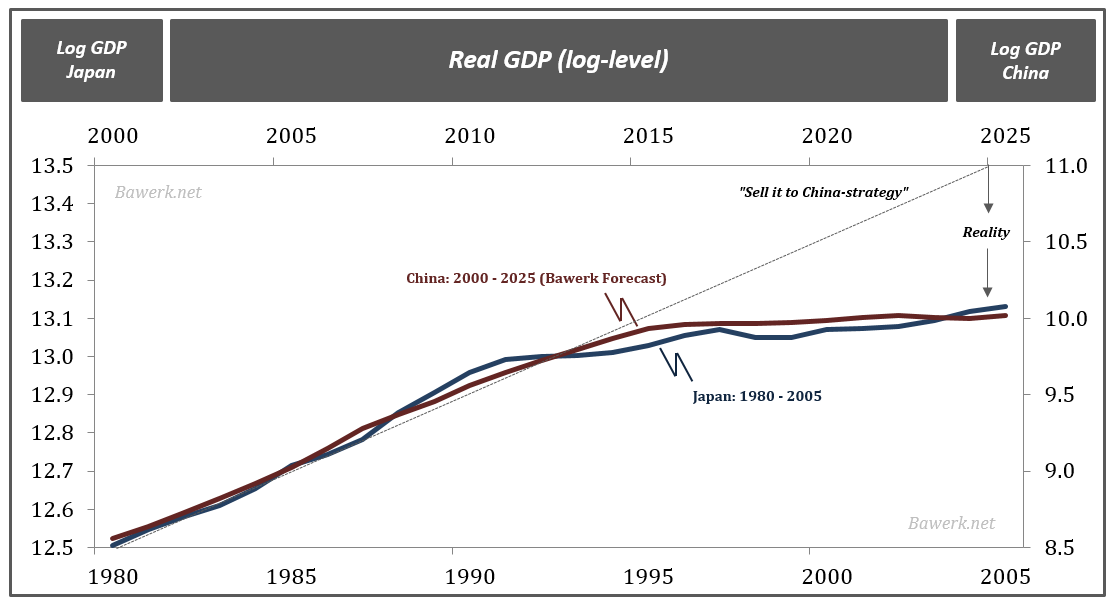In November, I asked this Parliamentary question:
Steven Baker (Wycombe, Conservative)To ask the Chancellor of the Exchequer how much debt interest has been paid on Government securities held by the Bank of England and its subsidiaries in the last 12 months.
Mark Hoban (Financial Secretary, HM Treasury; Fareham, Conservative)
In the 12 months to end September 2010, the Bank of England and its subsidiaries have received the following interest on holdings of UK Government debt securities:
£ million Banking Department 187 Issue Department 282 Bank of England Asset Purchase Facility Fund Ltd 8,527 Total 8,996
That’s right – the Treasury paid the Bank of England about £9 billion in debt interest.
The time for a six-month update on the figures is soon approaching, so I wondered what TCC readers thought…
Is this just the left and right hands of the State passing money to and fro and should bonds held by the Bank of England be written off? Is it vital those bonds are held so that QE can be “reversed” or is that like, as Mises put it, reversing over the man you just ran down in your car?
Mises also refers to the fact that deflation can never repair the damage of a priori inflation. In his seminar, he often likened such a process to an auto driver who had run over a person and then tried to remedy the situation by backing over the victim in reverse. Inflation so scrambles the changes in wealth and income that it becomes impossible to undo the effects. Then too, deflationary manipulations of the quantity of money are just as destructive of market processes, guided by unhampered market prices, wage rates and interest rates, as are such inflationary manipulations of the quantity of money.
£9bn is about 6% of the annual income tax take.
See also Toby’s An easy £10 bn of deficit reduction and £200 bn off the National Debt. Over to you…




The BoE passes its profits back to the Treasury, does it not? So Government debt held by the BoE is effectively interest free, isn’t it?
Yes, that’s right.
I wrote about this in May last year in the thread “An easy £10 bn of deficit reduction and £200 bn off the National Debt”.
The issue is that if there is to be a Central Bank then it’s best if it’s accounts are clearly separate from the government’s accounts.
Because the government own the Bank of England and are paid all it’s profits in time the £9 billion will return to government coffers. In fact, it’s quite likely that the government will make much more because the BoE use interest paying bonds to back both interest earning credit (such as reserves) and some sorts that don’t pay interest (such as notes). As interest rates are risen the BoE may make a loss because it will have to pay more on reserves than it’s receiving from bonds.
As I said back in may, the problem with removing the BoE’s likeness to a normal bank is that it may leave open the door to direct printing of money by the government.
Stephen Baker asks “…should bonds held by the Bank of England be written off? Is it vital those bonds are held so that QE can be “reversed”…?
I suggest that these bonds could perfectly well be written off. As to whether it is vital to keep them so that QE can be reversed, this is not necessary. Reason is that the purpose of reversing QE would be to apply a deflationary effect (in the demand reducing sense of the word deflation). Interest rates might well rise in consequence.
But the BoE could perfectly well achieve the same result even if it had no bonds to sell. It could simply announce it was willing to borrow money at a higher rate than the going rate for risk free loans. However, I’ve no idea whether this has been done before, or whether the BoE is allowed to do this.